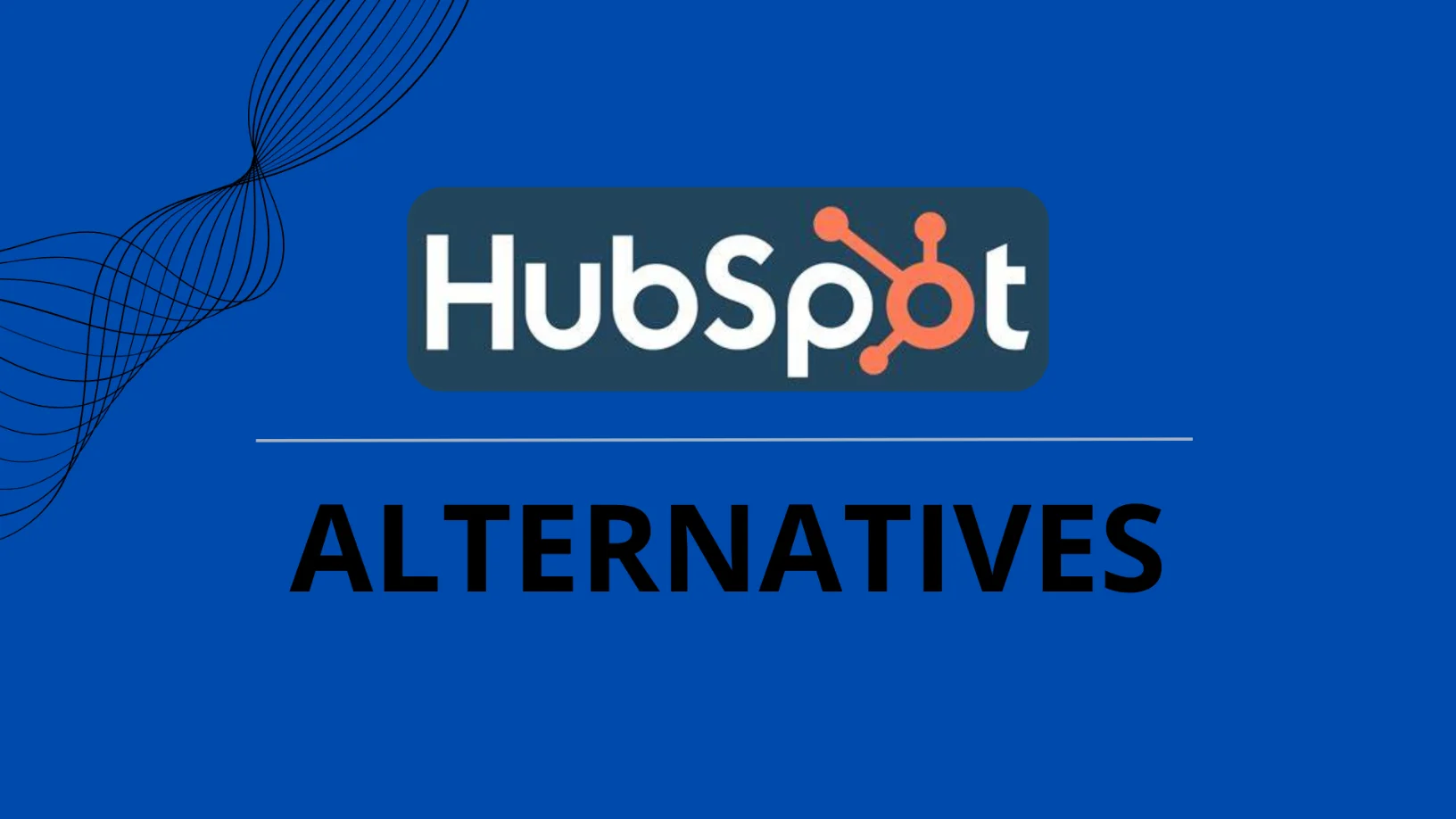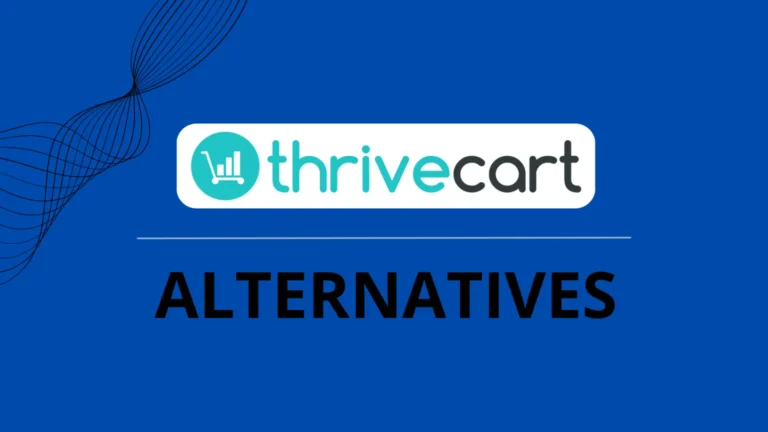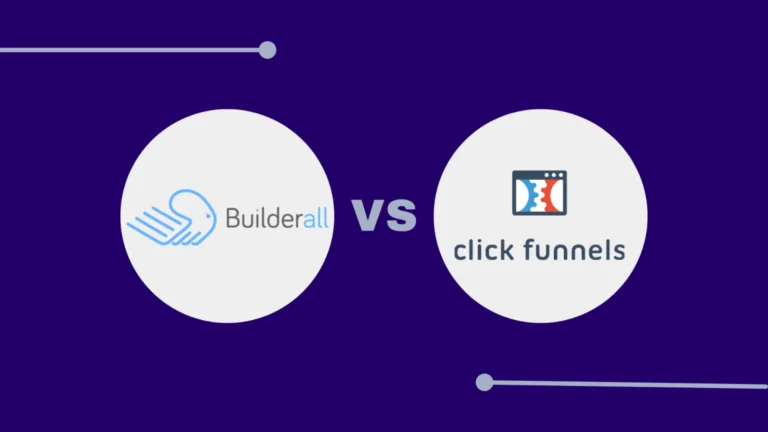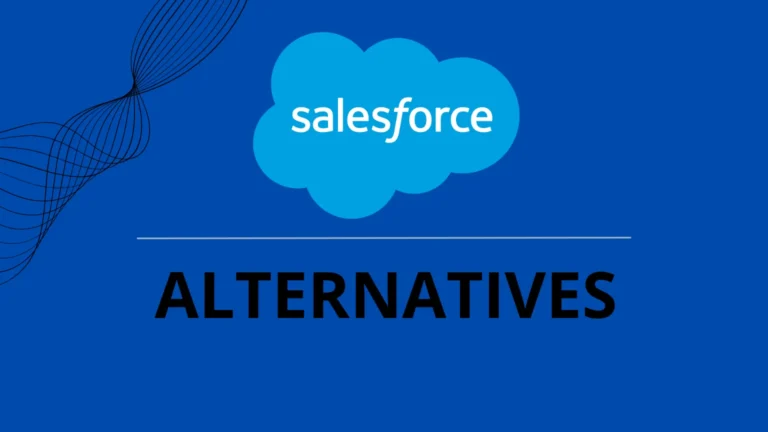As your business grows, finding the right tools to manage your customer relationships and marketing efforts is critical. HubSpot is a popular choice, but it isn’t the perfect fit for everyone. Whether due to budget constraints, specific feature needs, or integration preferences, many businesses seek HubSpot alternatives that can deliver similar or better functionality. In this article, we’ll explore some of the best alternatives to HubSpot, covering their key features, pricing, and ideal use cases to help you make an informed decision.
Quick Navigation ↓
Why Look for HubSpot Alternatives?
HubSpot is undoubtedly a powerful tool for marketing, sales, and customer relationship management (CRM). However, there are a few common reasons businesses look for alternatives:
- Cost: HubSpot’s pricing can be steep for small businesses or startups, especially as you scale and require more features.
- Complexity: While comprehensive, HubSpot’s suite of tools can feel overwhelming for users who need simpler solutions.
- Specific Needs: Some businesses require features or integrations that HubSpot lacks or does not prioritize.
Identifying these pain points can help you zero in on a tool that aligns better with your unique requirements.
Top HubSpot Alternatives for Growing Businesses
Here’s a curated list of some of the best alternatives to HubSpot, covering a range of budgets and functionalities:
1. Zoho CRM
Zoho CRM is a robust and affordable tool that offers extensive features for sales and marketing automation. It’s part of the broader Zoho ecosystem, which includes tools for project management, email marketing, and finance.
Key Features:
- AI-powered sales insights with Zia, Zoho’s intelligent assistant.
- Customizable workflows and automation.
- Multi-channel communication, including email, social media, and telephony.
Seamless integration with other Zoho apps and third-party tools.
Pricing:
- Starts at $14/user/month (Standard Plan).
Ideal For: Small to medium-sized businesses looking for a cost-effective and scalable CRM.
2. Pipedrive
Pipedrive is a sales-focused CRM designed to streamline deal management and pipeline tracking. Its intuitive interface and emphasis on simplicity make it a favorite among sales teams.
Key Features:
- Visual sales pipelines for easy tracking.
- AI-powered sales assistant to optimize workflows.
- Integrations with popular tools like Slack, Trello, and Zapier.
- Email tracking and automation.
Pricing:
- Starts at $14.90/user/month (Essential Plan).
Ideal For: Sales teams that want a straightforward, easy-to-use CRM.
3. ActiveCampaign
ActiveCampaign combines CRM and marketing automation into a seamless platform. It’s particularly strong in email marketing and customer segmentation.
Key Features:
- Advanced email marketing with A/B testing.
- CRM with lead scoring and sales automation.
- Detailed customer journey mapping.
- Integration with over 850 apps, including e-commerce platforms.
Pricing:
- Starts at $29/month (Plus Plan, billed annually).
Ideal For: Businesses that prioritize marketing automation and personalized customer engagement.
4. Salesforce Essentials
Salesforce Essentials is the scaled-down version of the world-renowned Salesforce platform, tailored for small businesses. It offers a solid CRM foundation with room to grow.
Key Features:
- Centralized customer data management.
- Built-in collaboration tools.
- Scalable platform with advanced analytics.
- Extensive app marketplace for integrations.
Pricing:
- Starts at $25/user/month.
Ideal For: Small businesses planning to scale and seeking a flexible, feature-rich CRM.
5. Freshsales (by Freshworks)
Freshsales provides an intuitive CRM platform with AI-driven insights. It’s a part of the Freshworks ecosystem, offering a range of tools for customer support, marketing, and IT.
Key Features:
- Built-in phone and email integration.
- AI-powered lead scoring.
- Customizable pipelines and workflows.
- Integration with Freshdesk and other Freshworks tools.
Pricing:
- Starts at $15/user/month (Growth Plan).
Ideal For: Businesses that want an all-in-one solution for customer support and CRM.
N.B.: The prices of any plan may change over time. Visit each platform’s official website for the most up-to-date information.
How to Choose the Right Alternative
When evaluating HubSpot alternatives, consider the following:
- Budget: Ensure the tool fits within your financial plan, both short-term and long-term.
- Features: List the must-have features for your business and match them with the tool’s offerings.
- Ease of Use: Opt for platforms that your team can adopt quickly and use effectively.
- Integration: Check whether the tool integrates seamlessly with your existing software stack.
- Scalability: Choose a platform that can grow with your business.
My Personal Take on HubSpot Alternatives
In my experience working with small to medium-sized businesses, I’ve found that the perfect CRM or marketing tool often depends on the business’s specific needs. For instance:
- Zoho CRM is fantastic if you’re already using other Zoho apps, as the ecosystem works seamlessly together.
- Pipedrive shines for businesses that prioritize sales above all else, offering an easy way to visualize and manage deals.
- ActiveCampaign is unbeatable when it comes to marketing automation and delivering personalized experiences.
Ultimately, the best alternative is one that aligns with your goals, budget, and workflow. Testing a few options through free trials or demos can help you make the right choice.
Final Thoughts
Finding the right alternative to HubSpot can significantly enhance your business operations without breaking the bank. At WebiKnock, we understand the importance of finding tools that align perfectly with your unique needs. The options we’ve discussed here cater to a variety of priorities, from affordability to advanced features. Take the time to evaluate these tools, keeping your business’s specific requirements in mind.
If you’ve tried any of these tools or have a favorite that isn’t listed here, I’d love to hear about it! Share your experiences in the comments below.








